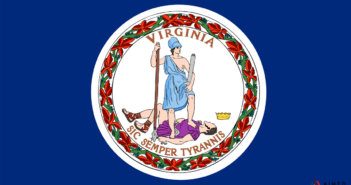On Dec. 16, 2019, Congress released an end-of-year appropriations bill that did not include legislative fixes for surprise out-of-network medical bills or the rising cost of prescription drugs. The bill did include a five-month extension of Medicare and Medicaid policies, which will give Congress an opportunity to pass legislation on surprise billing and prescription drug costs in May 2020. Both chambers of Congress passed these bills and sent them to the President for his signature.
Concurrently, Health Affairs released a study on out-of-network billing, which discusses the financial risk that this practice exposes patients to, and how it prevents health care markets from functioning properly. This study found that, at in-network hospitals, 11.8 percent of anesthesiology services, 12.3 percent of pathology services, 5.6 percent of radiology services, and 11.3 percent of services involving assistant surgeon were billed out-of-network. The study also found that out-of-network billing practices are more common at for-profit hospitals and hospitals in concentrated markets. If the practice of out-of-network billing was prohibited, the study estimates that physician payments for privately insured patients would be reduced by 13.4 percent and health care spending for people covered by employer-sponsored insurance would be reduced by 3.4 percent. These spending reductions would make insurance premiums more affordable for consumers.
Last Updated on May 15, 2020 by Aimed Alliance



